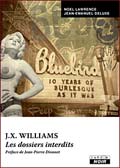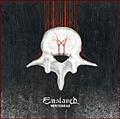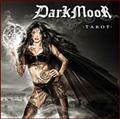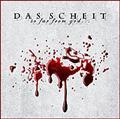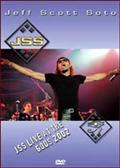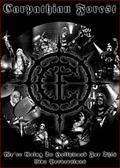MORTIIS (no) - The Grudge (2004)
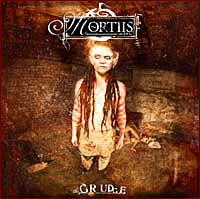
Label : Earache Records
Sortie du Scud : 13 septembre 2004
Pays : Norvège
Genre : Electro
Type : Album
Playtime : 10 Titres - 46 Mins
Piste Multimédia présente sur le CD
MORTIIS, qu'est-ce qui relie la musique de MORTIIS au monde Metal ? Mis à part sa signature sur un label du genre (Earache) et le passé de Haavard Elefsen (alias Mortiis), je ne vois rien d’autre. Car pour ceux qui ont vécu ces 10 dernières années sur une île déserte ou au fin fond des bois, le Troll à natte qu’est Mortiis fut le bassiste d'un des groupes les plus emblématiques du Black metal norvégien : EMPEROR.
Au vu des albums précédents (The Smell Of Rain et Crypt Of The Wizard), on ne peut pas dire que l’on n’a pas été averti sur le genre de musique auquel il faut s’attendre quand on écoute The Grudge. Ceux qui souhaitent trouver une seule once de Metal sur ces 10 titres se trompent totalement. Autant chercher de la bière dans une hydrie…
The Grudge est dans la totale lignée de The Smell Of Rain, sauf que l’innovation ne vient pas de la musique mais du fait que Mortiis s’est entouré de musiciens pour jouer sa musique ! Il en avait sûrement marre de faire tout le boulot tout seul… sauf qu’on se demande pourquoi une telle décision car vu le résultat final, The Grude aurait très bien pu être enregistré uniquement par le Troll solitaire.
Mis à part que la musique ne soit pas Metal, comment la décrire, la qualifier ? De nombreux termes sont employés car elle peut être Industriel à la NINE INCH NAILS par moments, puis Ambiant, et à la limite Dance comme sur « Decadent & Desperate ». Des allusions Technoïde à la PRODIGY se font même parfois ressentir (« Broken Skin »). Enfin le terme le plus souvent utilisé est Darkwave / Gothic.
A l’écoute de cette galette, on s’ennuie un peu. Déjà les amateurs de Metal, de blast, de guitares électriques saturées, de vocaux gutturaux ou criés, se sentent totalement perdu. MORTIIS utilise des synthé, des samples, une boite à rythme, de l’électronique. Les compos sont plates avec un tempo assez lent, ce ne sont pas « The Worst In Me » ou « Gibber », les seuls morceaux qui sortent du lot qui vont faire émerger l’album de sa monotonie. Heureusement pour les Français, une touche d’humour est présente à travers le titre du 9ème morceau : « Le Petit Cochon Sordide ».
MORTIIS n’a donc plus aucune accroche avec le monde Metal, il faut l’admettre et le reconnaître.
Ajouté : Jeudi 30 Novembre 2006
Chroniqueur : Warloghe
Score :  
Lien en relation: Mortiis Website
Hits: 13799
|



